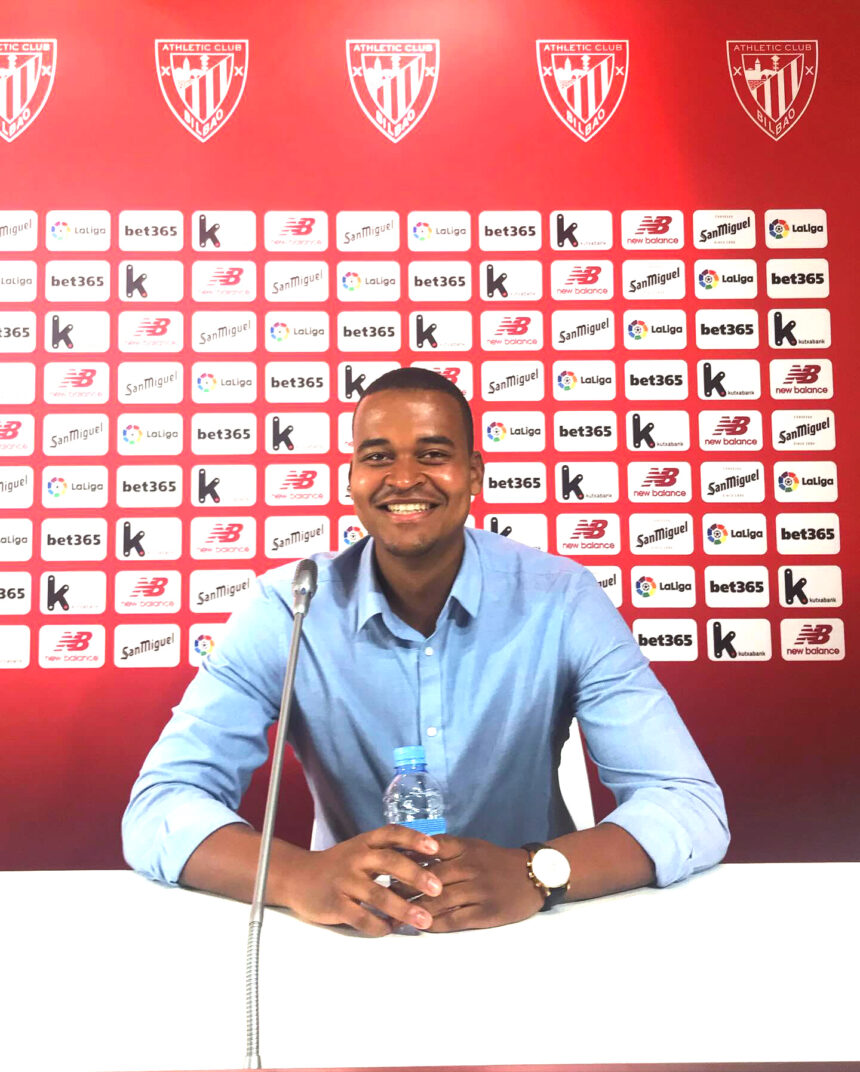While the transfer window typically signifies a lucrative period for football agents in many parts of the world, the reality for those operating locally is far less promising.
With the local transfer window currently open and players moving between various local clubs, many might assume that agents are raking in profits from these deals. But the reality is far less lucrative.
What is a football agent?
According to Universidade Europeia, a football agent is a representative and intermediary who manages the interests of a player or players.
Their main responsibilities include negotiating contracts to secure the best possible outcomes for their clients, seeking sponsorship deals and organising media appearances across television, radio and digital platforms.
Beyond business, some agents form deeper relationships with their clients, occasionally becoming close friends who offer pastoral support in times of personal crisis.
How do they make money?
According to mirror.co.uk, agents work on commission, generally up to around 10%.
Furthermore, agents also earn money from their clients’ endorsement contracts, which rarely happens in Namibia, where players receive brand endorsements for using their name or face.
The local football industry’s limited financial resources pose significant challenges for agents, making it difficult to generate substantial income from player transfers or negotiations.
Local agents speak
Speaking to this publication, popular and controversial agent Olsen Kahiriri shed light on what it is like to be a soccer agent in Namibia.
He said it is difficult, and not a profitable venture to be an agent locally due to factors such as clubs having limited funds, which makes it impossible to strike gold in their negotiations.
He noted that 70% of clubs rely on Namibia Football Association (NFA) league funds to run their operations, making it impossible for agents to make a penny from any deals because clubs do not have any budget. “For this window, it is very difficult for us to make money because the NFA hasn’t pronounced itself on how much money would be allocated to the teams this season, so the clubs do not have any budget to buy players. With that, you can’t negotiate any contract with any club,” he said. “Each club’s biggest chunk of the budget comes from the NFA funds, so the current window doesn’t really reflect what is on the ground. And those are some of the factors that determine or impact any negotiation between a club and player.”
He added that clubs have also played a huge role in making the industry not so lucrative.
“Clubs are manipulating players because they encourage them that they don’t need agents, which then makes the club negotiate a contract with a player on terms that only favour the club,” he added.
Also sharing his experience, Peter Haufiku, who facilitated rugby player Peter Diergaardt to the Czech Republic on two separate occasions, as well as arranging a venture for him in Poland, said to be an agent in Namibia, one should not do it for money, but for passion.
“It’s hard to make a substantive income in our local league, and it’s rare for one to make money sealing a deal that has money here locally, unless maybe the club is interested in that player, and has no choice,” he said.
“But I would say that most of the transfers done here are free agents, which don’t involve any money. If you enter the space with the motive of making money, you’ll be demotivated easily,” he added. Echoing their sentiments, Collin April, who in the past has facilitated the transfer of over 35 local footballers to ply their trade in South Africa, Norway, Thailand, Malaysia, Sweden, Finland, Botswana and Israel, said locally, one does not make any money.
“You don’t make money negotiating a player’s contract in Namibia. However, you just represent them to prosper, and if they get an opportunity to play abroad, that’s when you make money,” he said.
– mkambukwe@nepc.com.na



